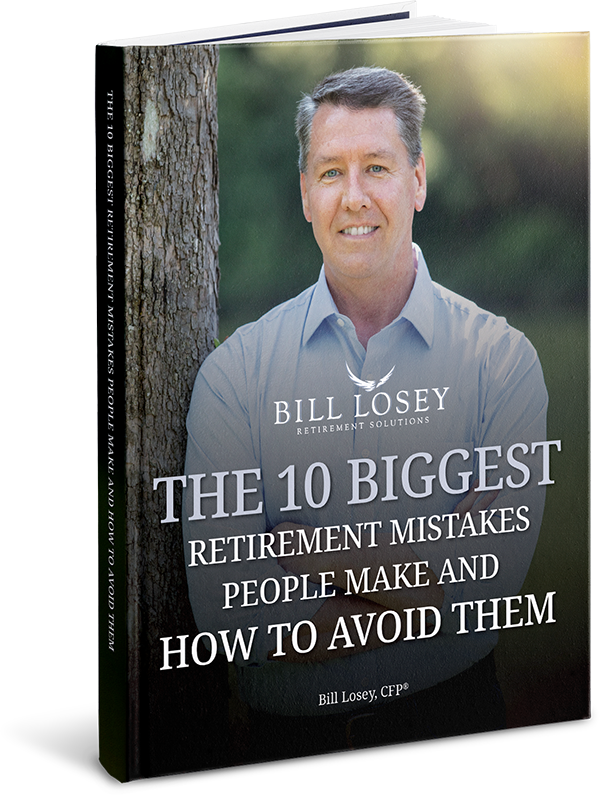Fiduciary Standards vs. Suitability Standards
If you meet with a financial professional, be sure to ask a critical question. If you make an appointment with a financial consultant on behalf of yourself, your family or your company, make the following inquiry before the meeting ends:
Are you held to a suitability standard or a fiduciary standard?
This distinction is very important. You should be aware of the difference.
What is a suitability standard? Investment brokers are frequently asked to abide by suitability standards: when they recommend a financial product to a client, they are ethically bound to recommend a product which is suitable for that client.
As laid out in the manual of FINRA (the Financial Industry Regulatory Authority, formerly known as the NASD or National Association of Securities Dealers), the suitability standard has long demanded that a broker make reasonable efforts to obtain information on four aspects of a clients financial life:
- Financial status
- Tax status
- Investment objectives
- Other information used or considered to be reasonable
These factors (and others) have a hand in determining whether a financial product or securities transaction is deemed “suitable” for a client.
Suitability standards emerged in response to an age-old Wall Street problem. Decades ago, stock brokers garnered all sorts of bad publicity for calling their clients up and recommending hot stocks or funds that were utterly inappropriate for them. The investors may have gotten burned, but the brokers got their sales commissions.
Suitability standards are good, make no mistake. The problem is that they could be even better.
Even with a suitability standard, a broker has no specified duty to act in a clients best interest. So while that broker may recommend a suitable fund, stock or other financial product to you, he is not prohibited from recommending an investment that will result in a bigger commission for him or higher costs for you.
If a broker has a proprietary security that seems suitable for you, the broker may promote it ardently to you even though better-performing securities might be available.
In 2005, the SEC determined that broker-dealers will not be deemed to be investment advisers and therefore are not subject to the same fiduciary standards as Registered Investment Advisors (RIAs) when recommending investments to clients.
In 2011, FINRA Rules 2090 and 2111 expanded the existing suitability obligations while creating new ones. Any recommendations of investment strategies and any recommendations to hold securities within an investment strategy must now be suitable for the particular client, and the investor profile compiled by the broker to judge suitability must consider additional factors.
What is a fiduciary standard? This is the standard that Registered Investment Advisors must uphold. An RIA may be an individual or a financial firm. The Registered adjective refers to being registered with either the Securities & Exchange Commission (SEC) or a state securities agency.
RIAs have a fiduciary duty (a legal requirement) to act in the clients best interest regardless of the level of compensation the advisor may receive as a result of recommendations or actions. Fundamentally, this comes down to two points as stated by the SEC:
The advisor must avoid conflicts of interest.
The advisor is prohibited from overreaching or taking unfair advantage of a clients trust.
A Registered Investment Advisor is not supposed to pitch products, strategies or securities transactions with the idea that this will be a win-win for both of us. The clients best interest comes first and it is the only interest that matters.
Seek strong standards. When you enter an advisory arrangement with a financial professional or financial consulting firm, the agreement you sign should tell you whether the advisor is held to a suitability standard or a fiduciary standard. In the opinion of many investors and financial professionals, a fiduciary standard clearly amounts to a higher standard.


